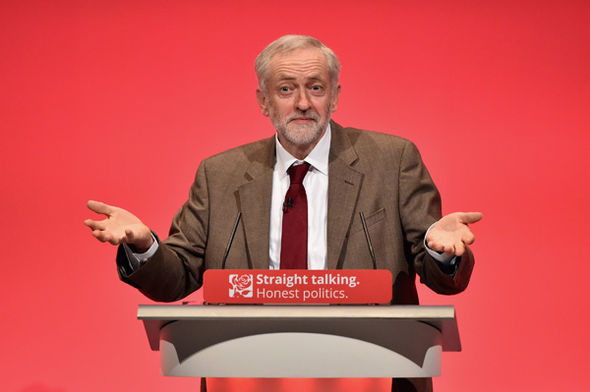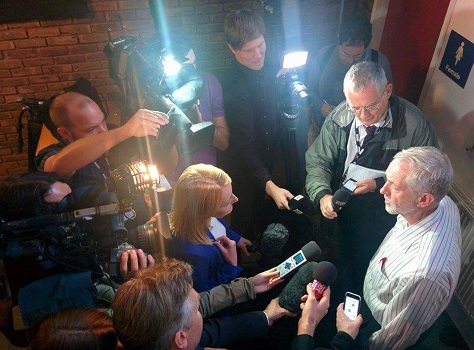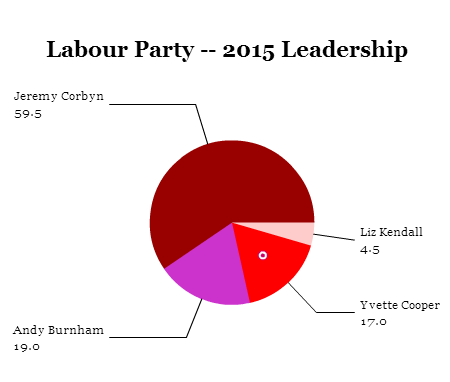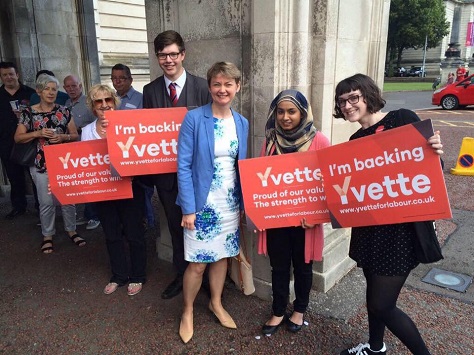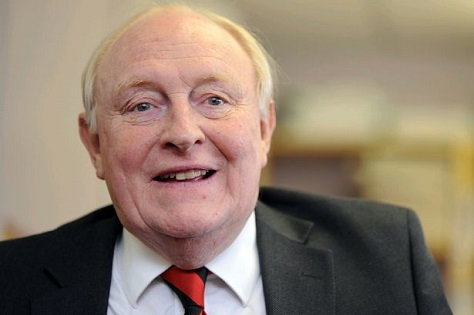
In calling a snap election for June 8, British prime minister Theresa May has done exactly what former Labour prime minister Gordon Brown didn’t do a decade ago — taking initiative to win a personal mandate and extend her party’s majority for up to five more years.![]()
With Labour’s likely support tomorrow, May is set to win a two-thirds majority to hold an election, in spite of the Fixed-term Parliaments Act that would otherwise set the next general election for 2020 — long after the two-year negotiations triggered last month by Article 50 to leave the European Union are set to end. May and the Conservatives now hope that voters will give her an emphatic endorsement for her approach to Brexit — and a much wider majority than the 17-seat margin the Conservatives currently enjoy in the House of Commons. Though some commentators believe a wide Tory victory would make a ‘hard Brexit’ more likely, a lot of sharp commentators believe that it could give May the cushion she needs to implement a much less radical ‘soft Brexit.’
In any event, it’s not unreasonable for May to seek a snap election while EU officials pull together their negotiating positions for later this summer — since the last vote in 2015, the country’s experienced the Brexit earthquake and a change in leadership among all three national parties.
It will also come as the Tories are riding high in the polls by a margin of around 20% against Labour, now in its second year of Jeremy Corbyn’s hard-left leadership. If the election were held today, every indication points to a historic defeat for Labour. It’s not only the polls, which are dismal enough. Corbyn has made so many enemies among the parliamentary Labour Party that many MPs will not stand for reelection (including former home secretary Alan Johnson, one of the few genuinely popular figures around who represent ‘New Labour’).
Corbyn’s electoral record, too, is weak. When Jamie Reed, a Corbyn critic and an MP since 2005, resigned, Conservative Trudy Harrison captured his Copeland constituency by a 5% margin against the Labour candidate in a February 23 by-election. Not only was it the first gain for a governing party in a by-election since 1982, it was a seat in Labour’s once-reliable northern heartland, held without interruption since 1935.
Without a major change (and it’s hard to see anything that could swing voters on Corbyn at this point), Labour is doomed. The next 51 days will likely bring iteration after iteration of Corbyn’s political obituary, with a crescendo of the infighting within Labour that has characterized his leadership.
It will be ugly.
Labour, with 229 seats, is already near the disastrous levels of its post-war low of 1983 (just 27.6% and 209 seats), and there’s reason to believe Corbyn could still sink further. No one would laugh at the suggestion Labour might lose another 100 seats in June. For Corbyn’s opponents within Labour, the only silver lining to a snap election is that a decisive defeat could end Corbyn’s leadership now (not in 2020), giving Labour an opportunity to rebuild under a more talented and inclusive leader.
Moreover, in the wake of a call for a second referendum on independence for Scotland (which would presumably seek to rejoin the European Union), Scottish first minister Nicola Sturgeon could well improve the Scottish Nationalist Party (SNP) position — the party now holds 54 of 57 seats in Scotland with the unionist opposition divided among the three national parties.
So where does this leave anti-Brexit voters who are uncomfortable casting a vote for May’s Tories?
The Liberal Democrats. Continue reading Snap British election gives Farron and Lib Dems a genuine chance to unite anti-Brexit voters
